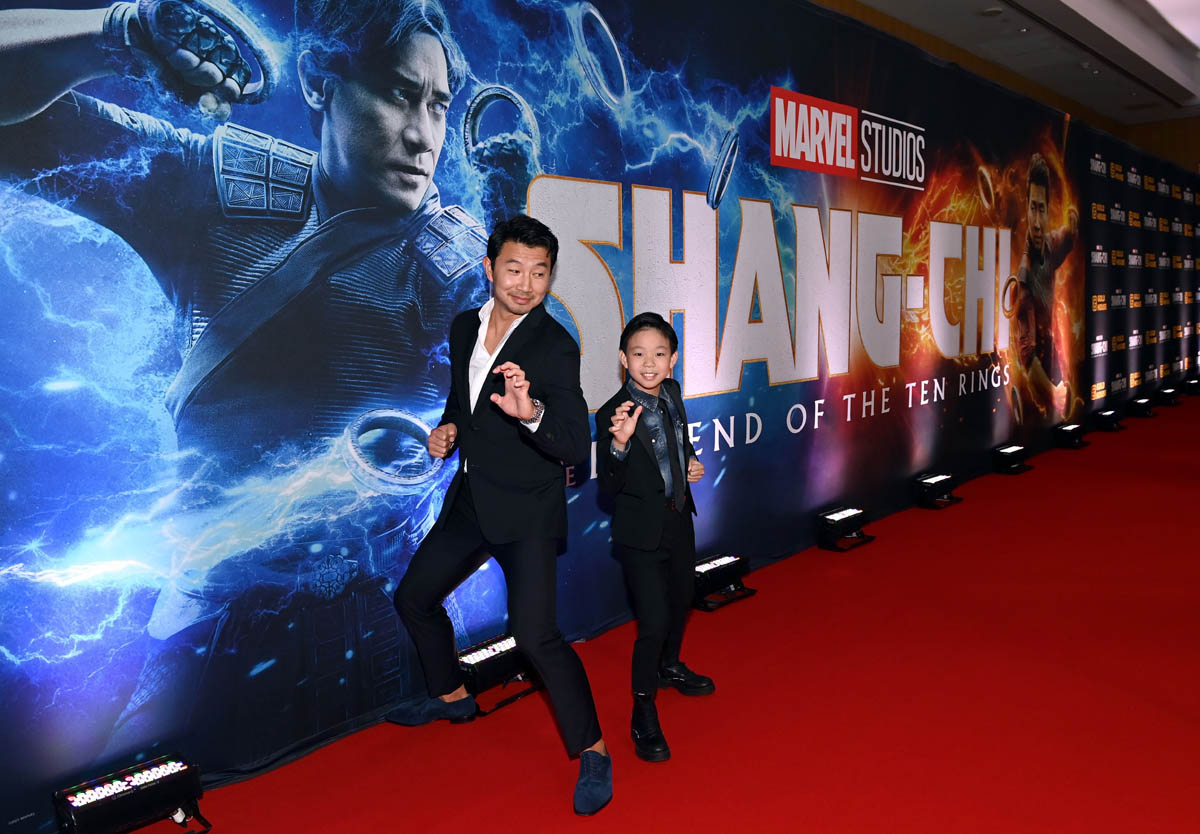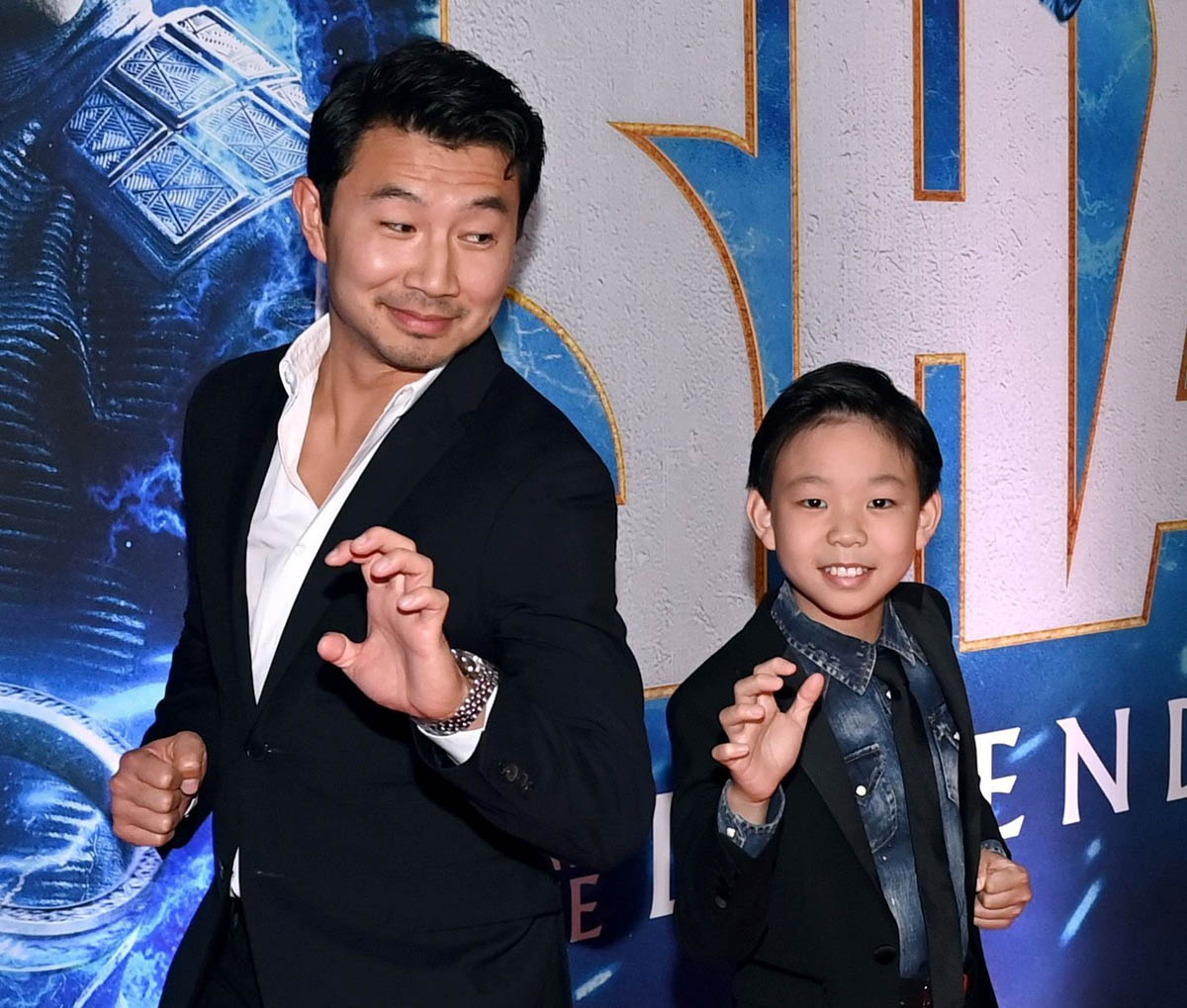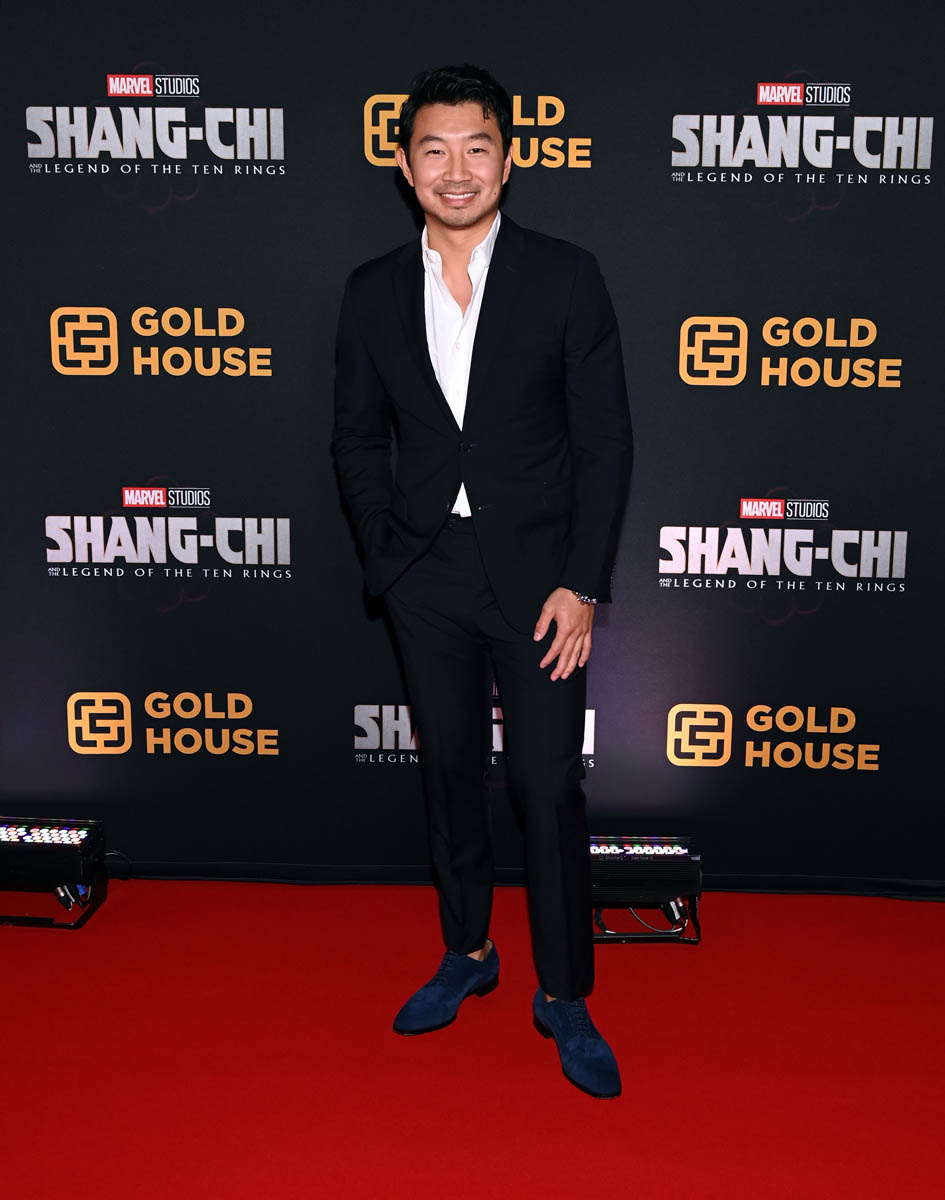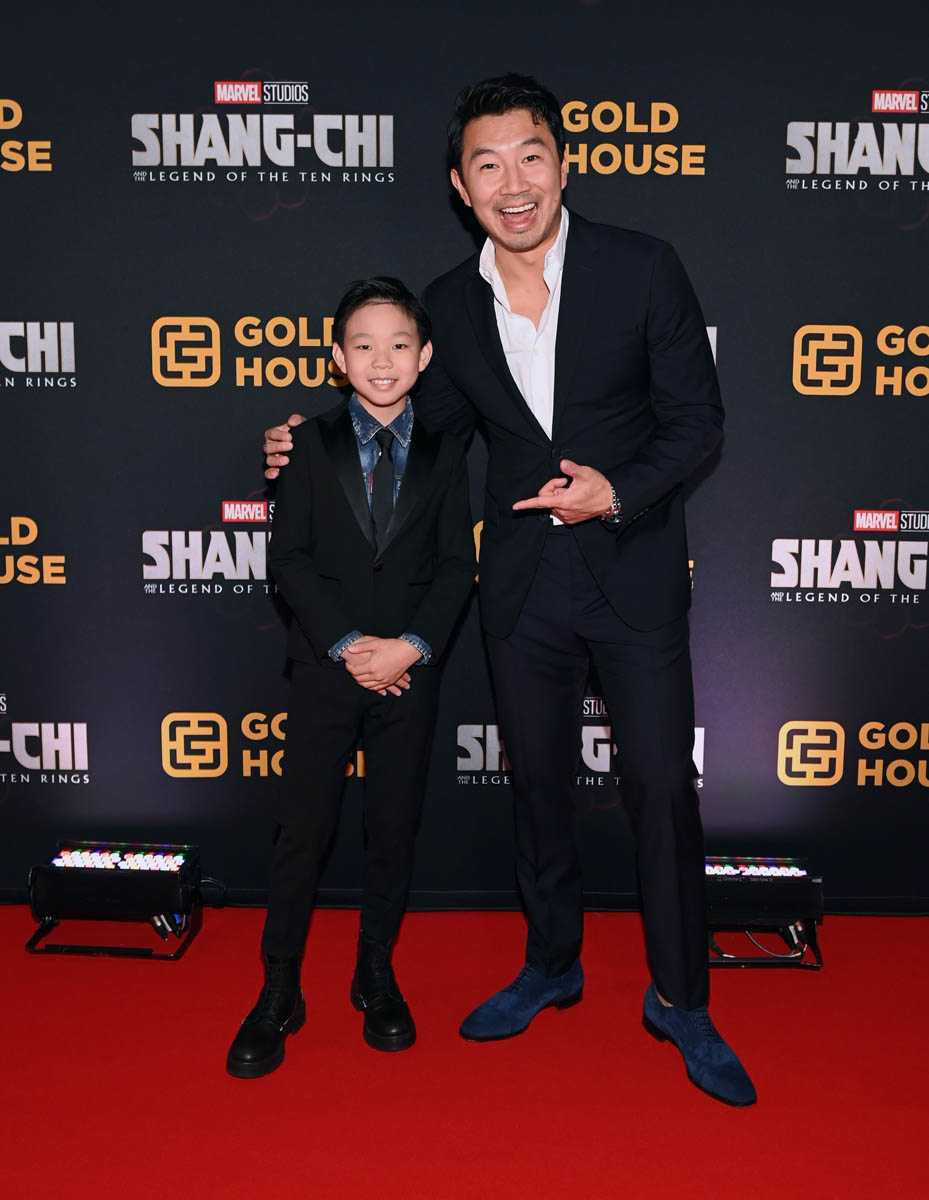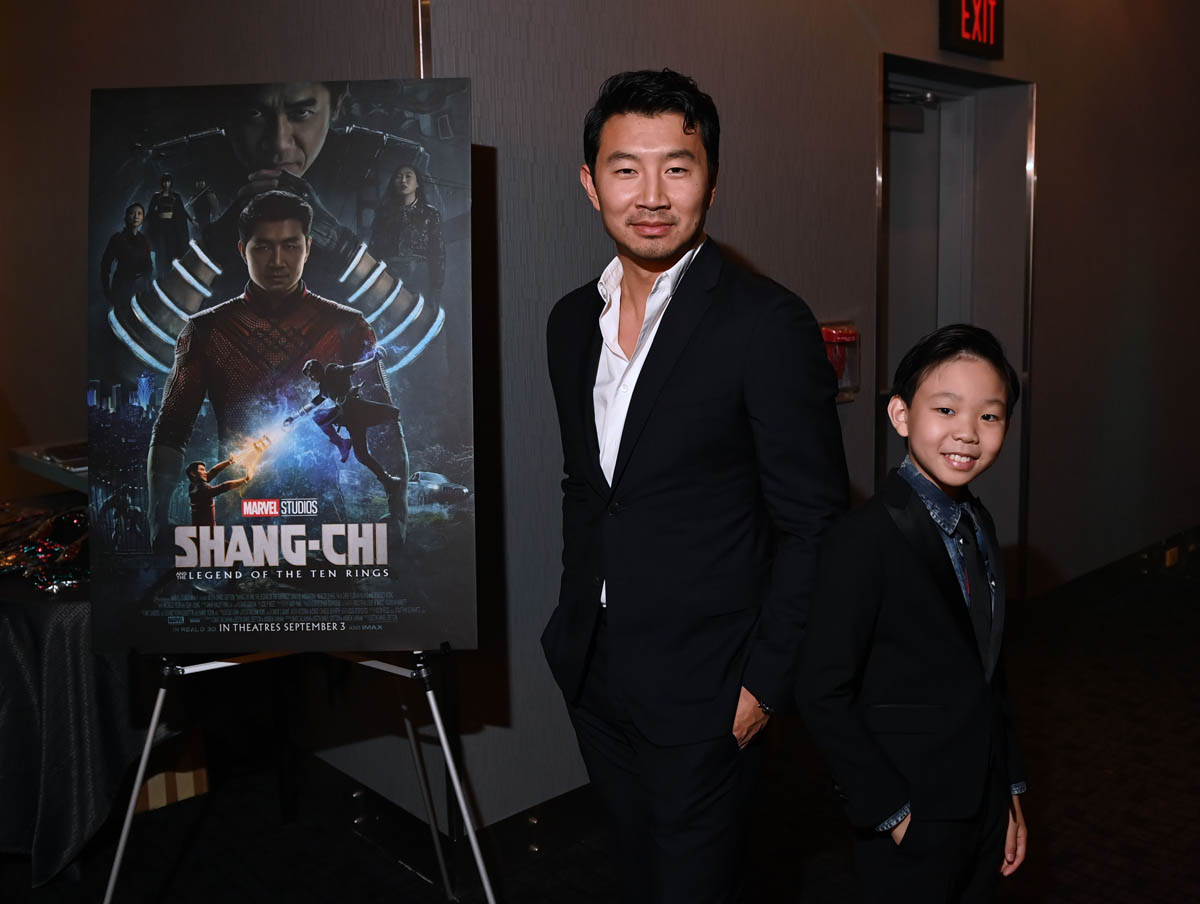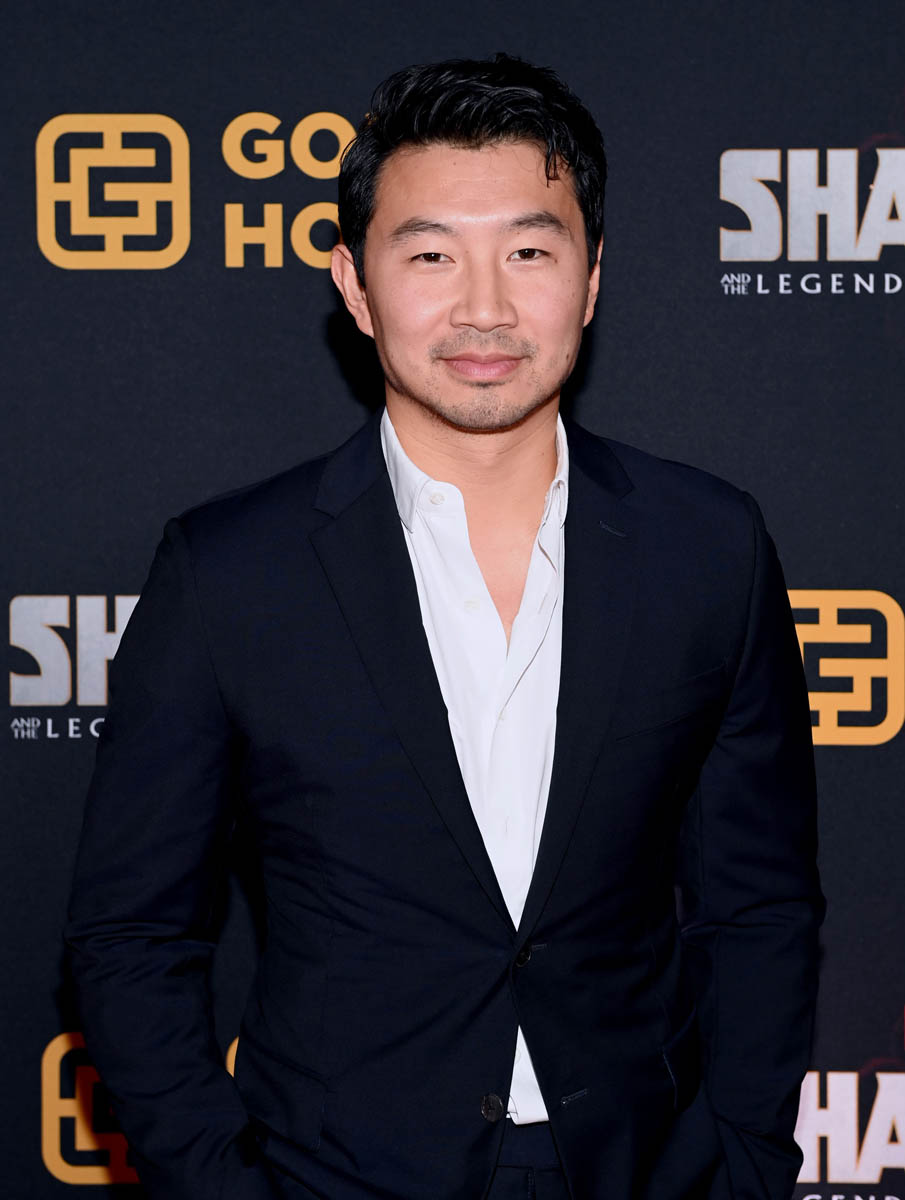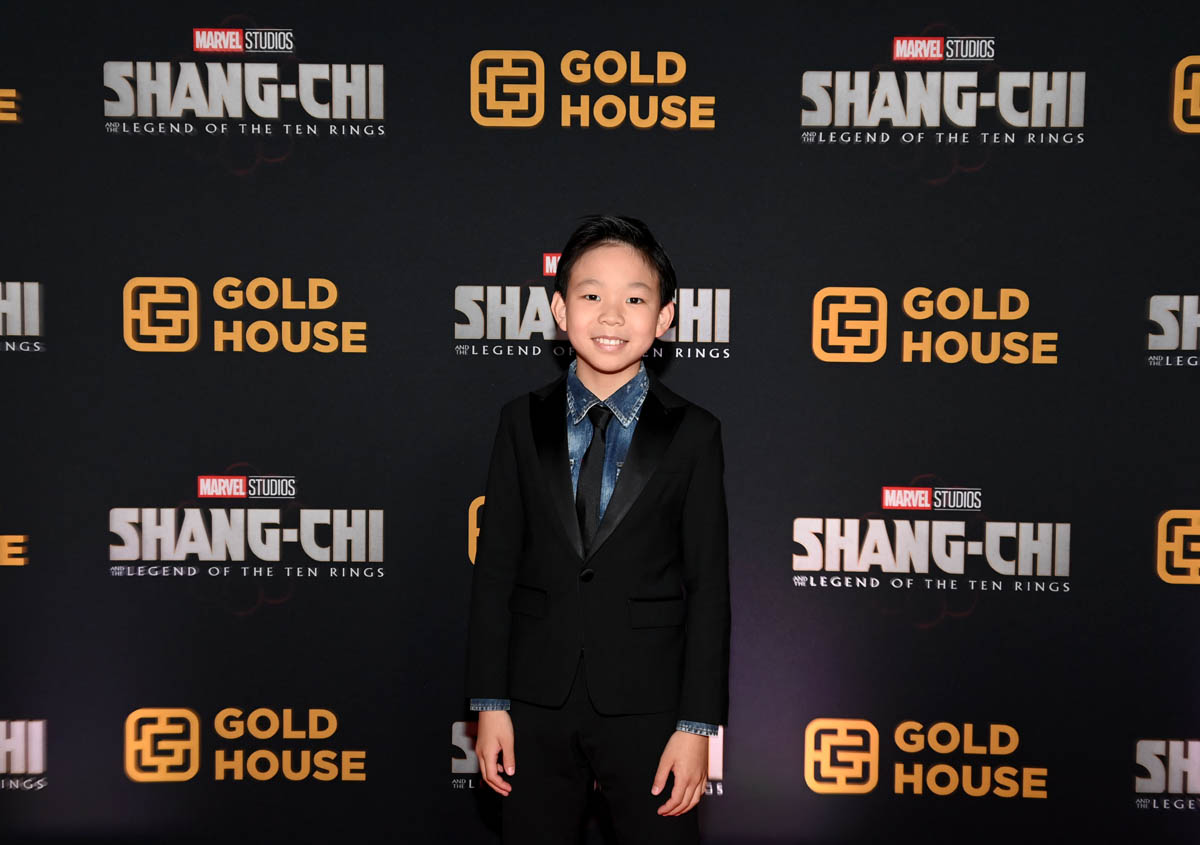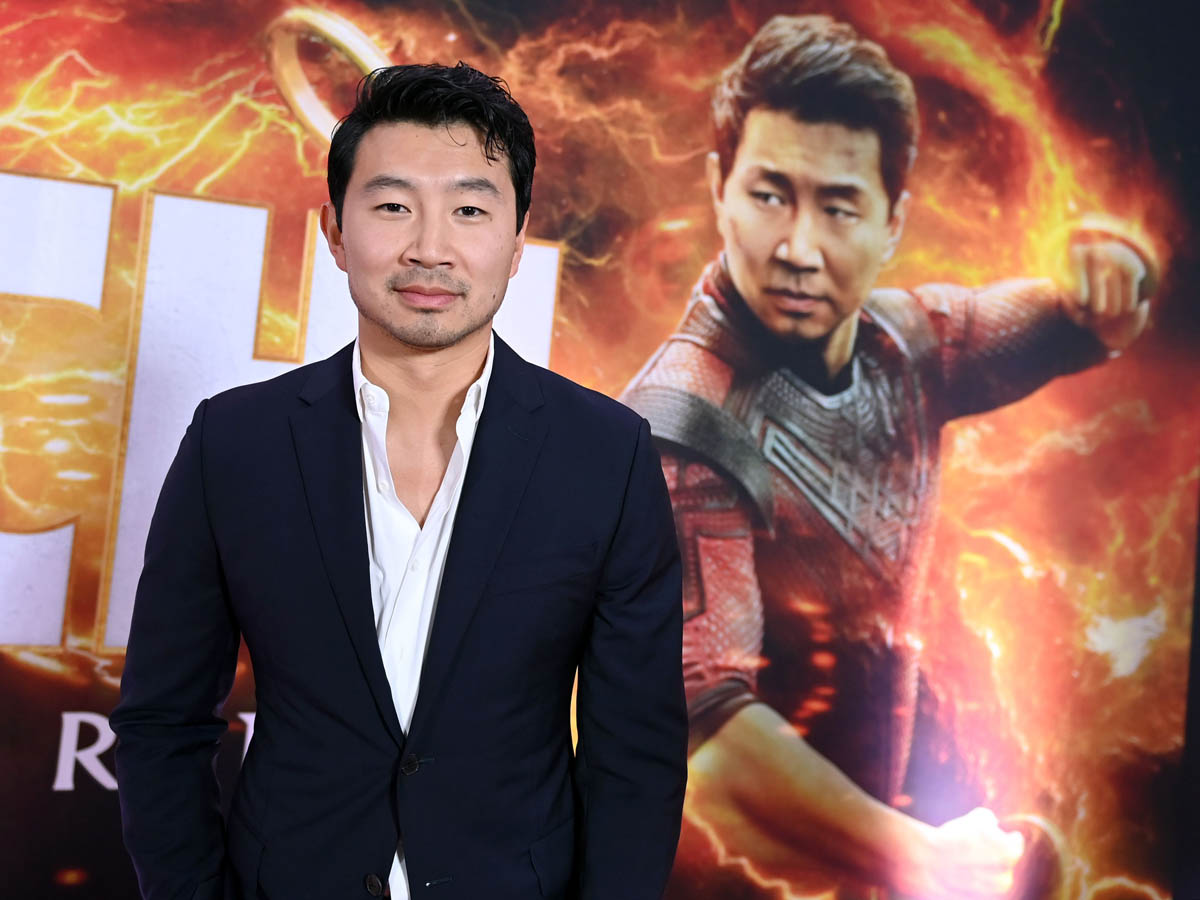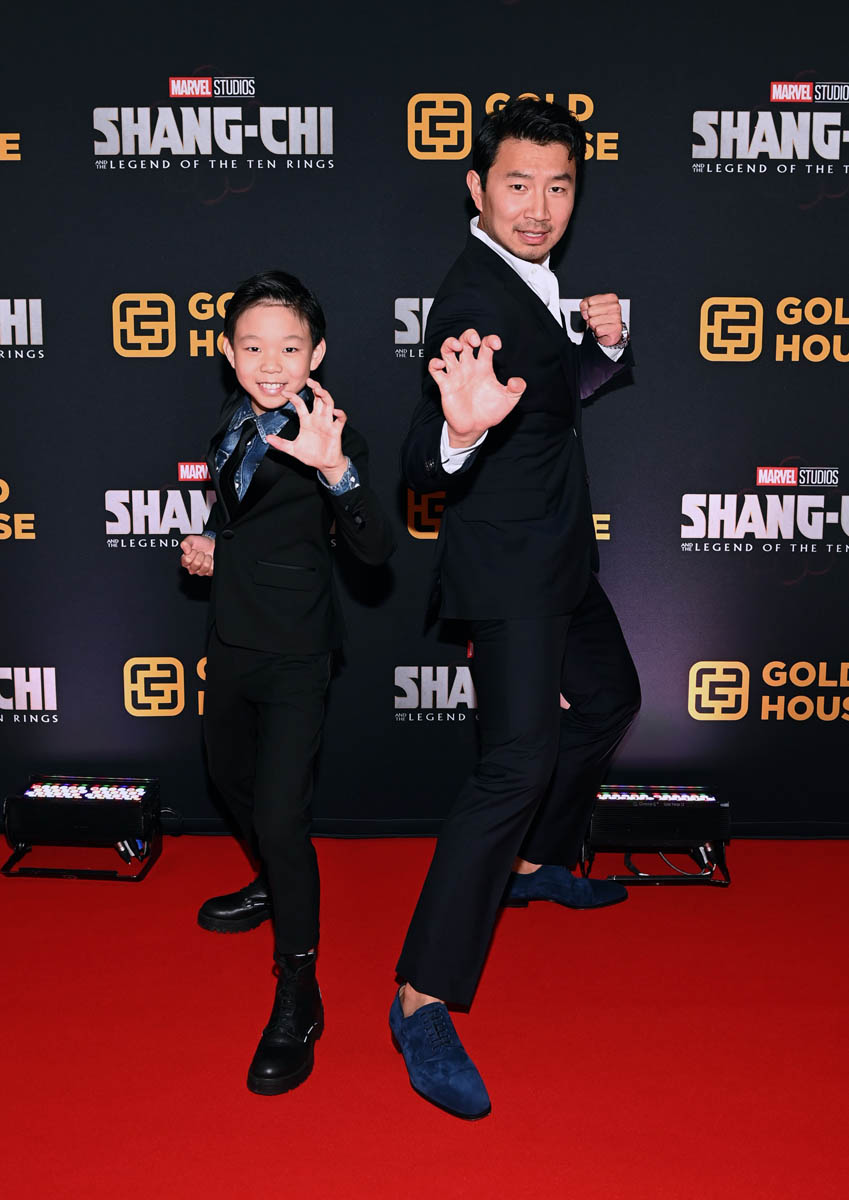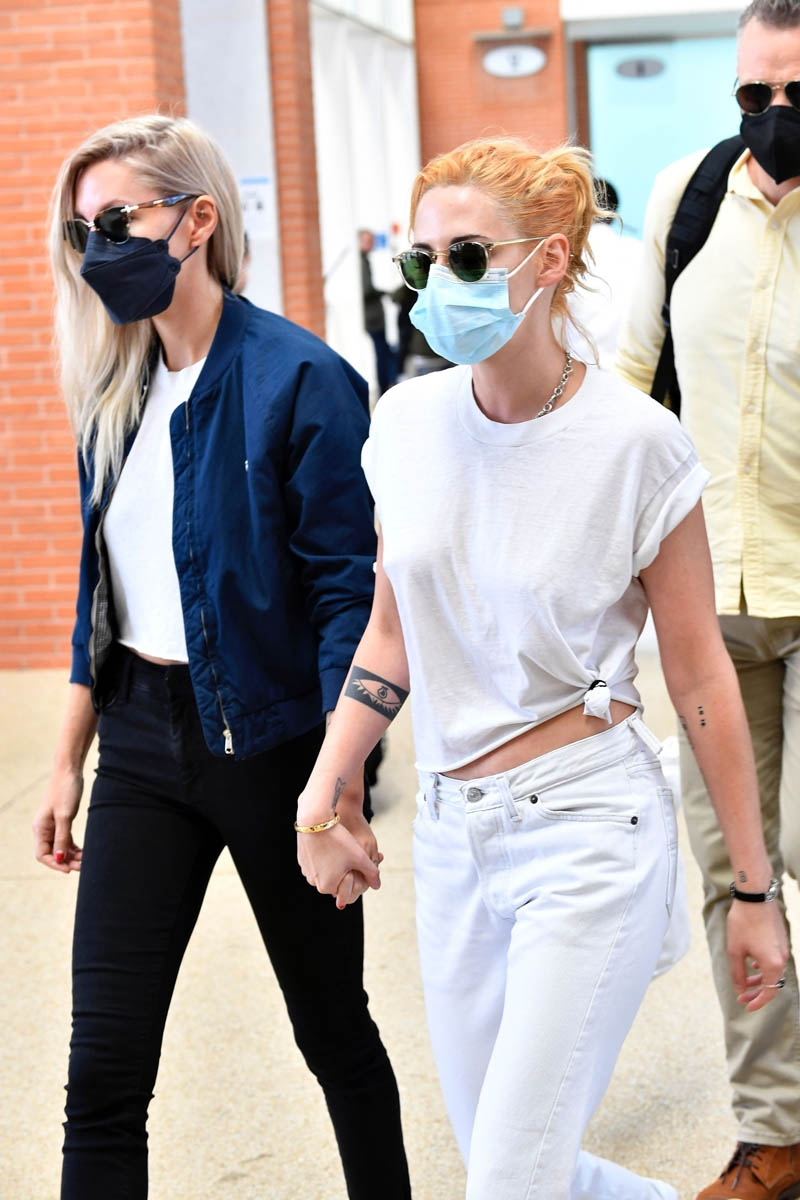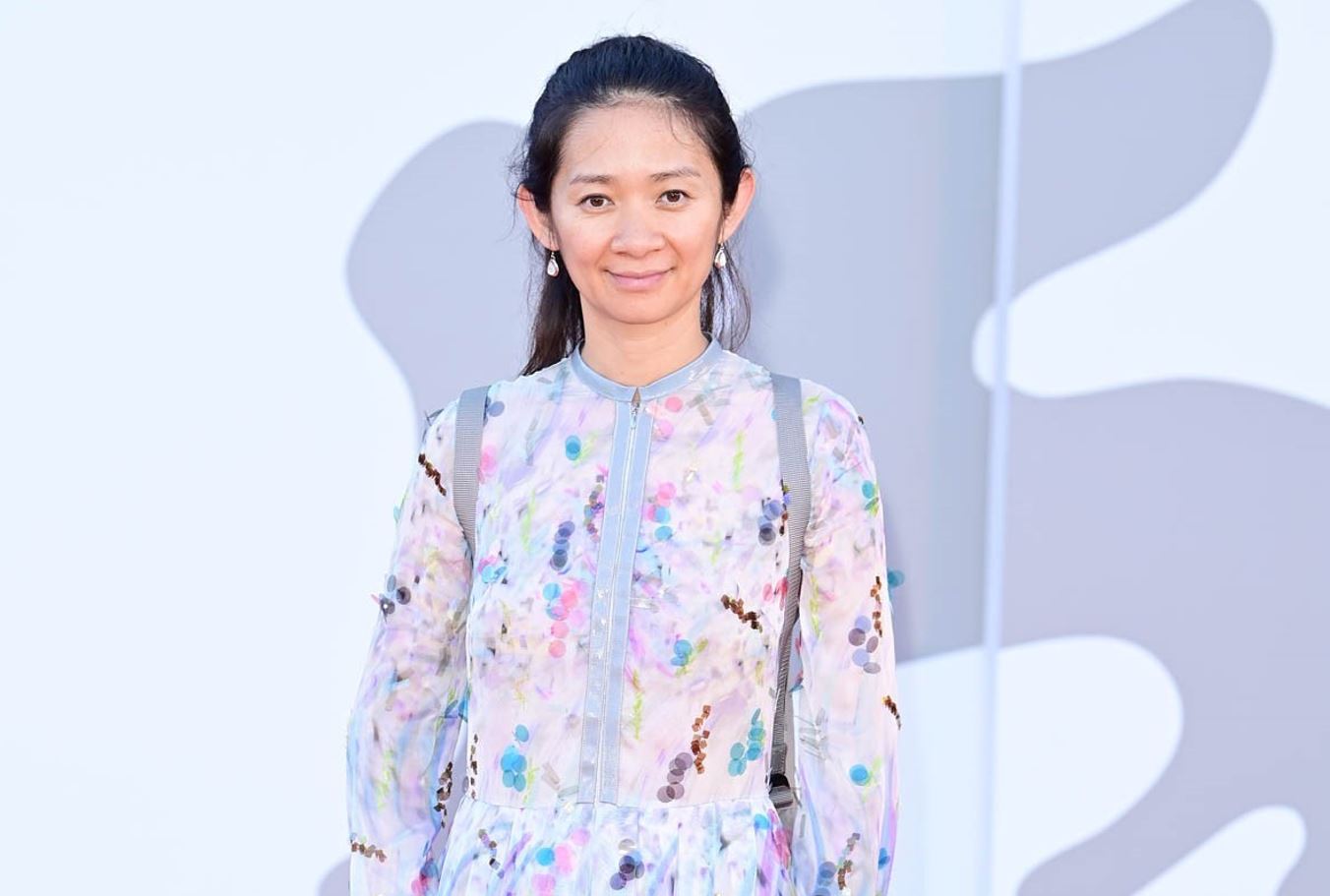Simu Liu and Tony Leung in Shang-Chi and the Legend of the Ten Rings


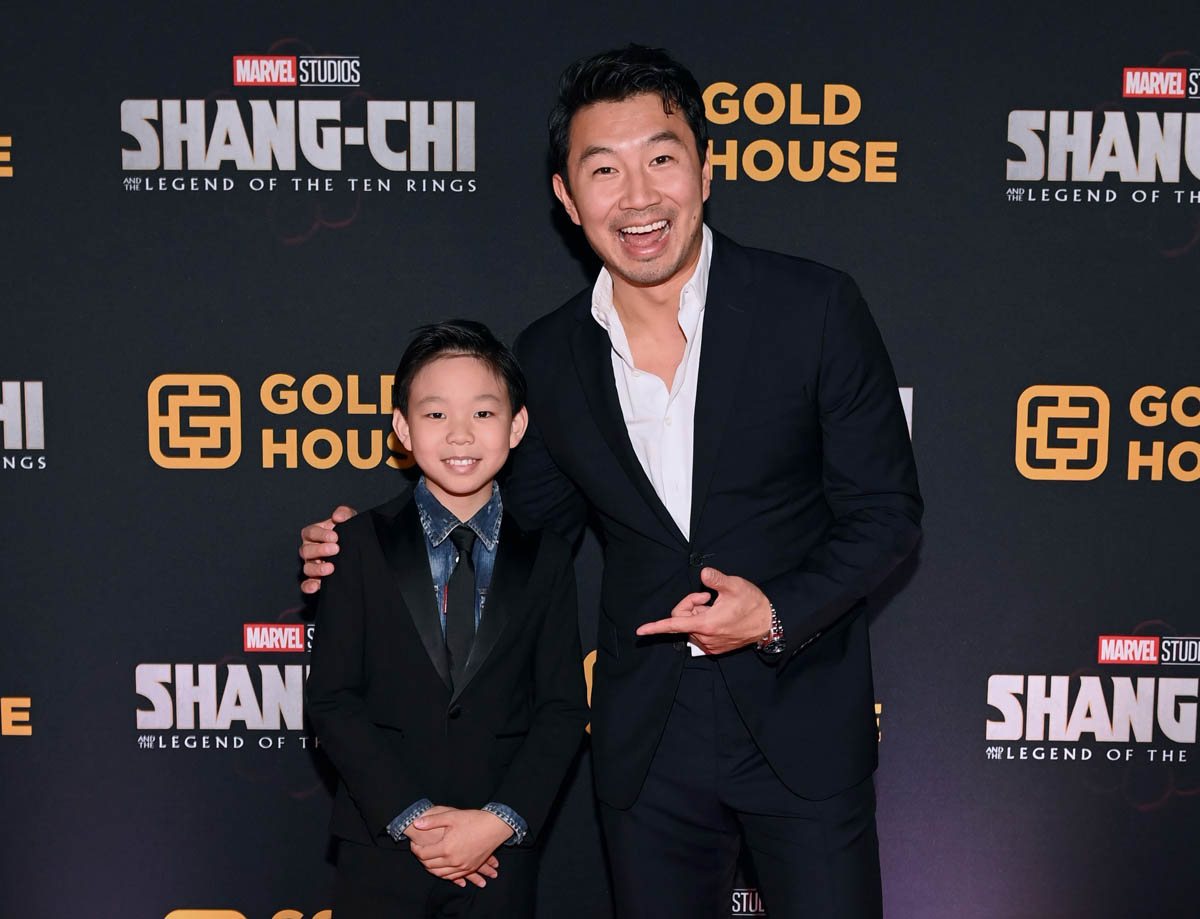

Shang-Chi and the Legend of the Ten Rings may be Marvel’s first film centered on an East Asian hero, but it is also yet another origin story for a Marvel hero, though one that benefits from the ten or so origin stories that came before it. In almost every regard, Shang-Chi is the best of the Marvel origin stories yet, benefitting from the lessons learned on those previous films and only gleaning from the best of what works, but in one crucial way it is a classic example of one of Marvel’s greatest Achilles’ heels. Scripted by Dave Callaham & Destin Daniel Cretton and Andrew Lanham, and directed by Cretton, Shang-Chi tells the story of the titular hero, played by Simu Liu, who lives in San Francisco and goes by the name “Shaun”. He is an underachieving man of indeterminate age—the post-Endgame timeline is completely out of whack and Shaun is either in his mid-20s or, like, 48, none of the math adds up—who spends his days parking cars with his best friend, Katy (Awkwafina), and his nights goofing off, also with Katy. That is, until a mysterious post card arrives from Shanghai from, apparently, Shaun’s estranged sister.
Cretton wastes no time clearly and efficiently establishing Shaun’s world, homaging Iron Man as a slickly dressed man steps from a sports car, but it is revealed Shaun is the valet, not the driver (this is in the trailer, it’s not a spoiler). It’s a great inversion that establishes Shaun as one of the “working class” Avengers like Hawkeye and Ant-Man. Cretton also establishes that Shaun’s is a world of immigrants and Asian-American culture, and the push-pull of East and West in Shaun’s life is integral to his growth as a hero.
But before we get there, Shang-Chi offers a rare tangible feeling for the MCU, that this is a world in which real people live, not just the gods who save the day over and over. If it weren’t for the fact that we know this is a Marvel movie, Shang-Chi could be a family dramedy about an underachieving guy getting his act together. But it IS a Marvel movie, and soon enough that other world of gods and monsters comes knocking by way of a squad of assassins who attempt to kill Shaun on a bus. (Between Scott Lang and Shang-Chi, San Francisco seems like an awful place to live in the MCU, almost as bad as New York.)
Liu gives a great hero performance, imbuing Shaun with an immediate likeability that he unspools into something darker and more complex as the story shifts to China and his identity begins to mutate from “Shaun” to Shang, the man he was born to be. There is a reason for Shang’s underachieving ways, and it has to do with his father, Wenwu (Tony Leung Chiu-Wai), and a dark legacy Shang has no desire to realize.
As good as Liu is, and he IS good, there simply aren’t many actors anywhere in the world who can stand up to Leung and out-act him. From moment one Leung dominates the screen and Wenwu is not only one of Marvel’s top villains—maybe THE top villain—he is just plain one of Marvel’s best characters. Invented for this film, Wenwu is “the Mandarin”, the leader of the Ten Rings, an ancient and powerful crime syndicate that Wenwu rules with the help of mysterious bracelets that give him extraordinary power. His is the cruelty of a conqueror, and Leung perfectly captures the iciness, inflexibility, and uncompromising nature of a man who expects total fealty even from his own children.
Wenwu gets a character arc more detailed and richer than even some of the MCU’s marquee names (eat your heart out, Thor). It is clear a LOT of effort went into designing this character, both from Cretton and the creative team, and Leung through his performance, and the result is a bad man who is also a sad man, whose grief drives him to desperate lengths, whose brutality is as elegant as it is devastating. This film could almost be called Wenwu and the Legend of the Ten Rings, he is so central to the story and so indelibly performed by Leung.
But the attention given to Wenwu only makes Shang-Chi’s weakest element even more glaring. This is hardly the first Marvel movie with underwritten female characters, and the deficiency of literally every single female character that appears on screen is kind of galling given that in the same film we have such a superior example of character craft in Wenwu.
The actresses make the most of what they’re given. Awkwafina brings her usual bouncy irrepressible charm to Katy, and early on the film works to establish a unique skill that comes in handy during the bus fight, but that only makes it more annoying when Katy has a sudden, third-act turn that is completely unearned. Meng’er Zhang infuses Xialing, Shang’s long-lost sister, with such palpably cold fury she leaps off the screen, and she has a WAY more interesting backstory than Shang that the film does virtually nothing with. Xialing is the most frustrating of the women on screen, a terribly interesting character with a rich emotional arc the film scrambles to pay off at the literal last second. Honestly, you will wonder why this film isn’t about HER, she is that compelling. And Michelle Yeoh and Fala Chen work to make their characters more than just underwritten women there to serve plot, and they succeed to some degree just on their respective charm alone, but there is no getting around how thin these characters are.
Still, there is plenty to recommend Shang-Chi. Besides Wenwu and Tony Leung’s performance, and Simu Liu’s star-making turn as Shang, these are the best fight scenes in the MCU, bar none, with action references ranging from the films of Jackie Chan and Keanu Reeves to Leung’s own work in films like Hard Boiled and The Grandmaster. And while act three turns into a CG slog like most superhero movies, this one is at least pretty and well-choreographed, not quite the usual CG soup. It also benefits from the climax of Wenwu’s arc, which grounds the large-scale action in intimate, human moments.
It’s those moments that carry Shang-Chi, which, despite the weakness of its female characters, has one of the clearest, strongest narrative and emotional arcs in the MCU. This film probably should be about Xialing, but as an origin story for Shang, it’s one of the most fun, visually arresting, and emotionally satisfying films in the Marvel canon. Shang-Chi is a damn good family drama with some excellent punchy-kicky parts and an absolutely unforgettable villain, played by one of the world’s greatest actors.
Attached – Simu and Jayden Zhang (who plays young Shang-Chi) at the Canadian premiere in Toronto last night.

